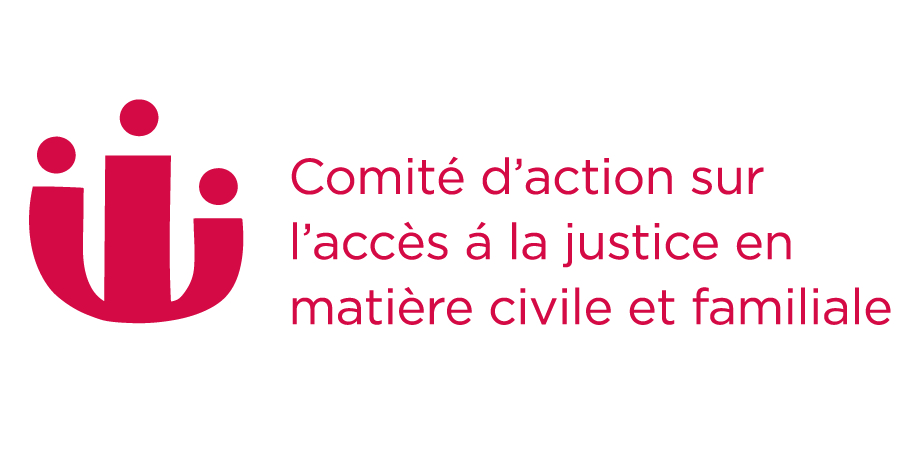Inventory of Reforms
Alberta Intake and Caseflow Management
Year:
2001
Description:
Alberta Justice project providing caseflow management to self-represented litigants dealing with matters related to parenting, contact and guardianship disputes in Provincial Court.
Status:
Implemented in Edmonton and Calgary
Jurisdiction:
Alberta
Court:
Provincial Court
Body Responsible:
Alberta Justice
Timeline:
2001: Pilot Project launched in Edmonton
2005: Permanent implementation
2006: Expanded to Calgary
Publications:
Intake and Caseflow Management Regulation, External Link Alta. Reg. 150/2005. (Enabling Acts: Family Law Act, Provincial Court Act)
Jason Chance, Pilot project provides help to family law applicants Just-in (Winter 2002). [Just-in]
Alberta Provincial Court Intake and Caseflow Management project expanded to Calgary Family Justice Newsletter (Winter 2007). [Family Justice Newsletter]
Development:
The program began with a pilot project in Edmonton with the enactment of the Intake and Caseflow Management Rules (Alta. Reg. 163/2001). This was replaced in 2005 with the Intake and Caseflow Management Regulation (Alta. Reg. 150/2005). The program was expanded to Calgary based on its success in Edmonton. (Family Justice Newsletter)
Purpose:
In the past, unrepresented applicants often faced challenges when bringing applications for custody, access or private guardianship in provincial court.
Being unfamiliar with court procedures or not properly prepared for the proceedings often resulted in unnecessary delays and extra appearances for the applicants and the other parties involved.
The new Intake and Caseflow Management Pilot Project will save court time and improve access to justice by providing new and enhanced services for unrepresented litigants in Edmonton Provincial Family Court.
Just-in.
Description of Reforms:
The project helps litigants deal with matters related to parenting, and contact and guardianship disputes but does not include disputes related to child support.
Litigants without legal representation meet with an intake counsellor to assess their case. Then they attend a caseflow conference with a coordinator and the other party. The intake counsellor and coordinator explore options with the litigants, facilitate resolutions and make referrals where required. Litigants are also given information on mediation and judicial dispute resolution in an effort to resolve the matter outside of court. The conferences are an attempt to gain consensus on as many issues as possible, and sometimes agreements are struck by the parties at this stage. If the parties resolve their matter, the coordinators can then prepare consent des
k orders for a judge to sign without a trial date. The coordinators have clerk of the court designations, so parties do not have to go to the Law Courts building to file their applications.
If the matter proceeds to court, the caseflow coordinator or family court workers will ensure that the parties are ready and that they understand the court procedures. The family court workers also help prepare court applications and attend court and judicial dispute resolution hearings with the parties. This will save time for the court and the parties by reducing the number of unnecessary adjournments.
Just-in.
Revision History:
This summary was last reviewed in Jan 17, 2014



